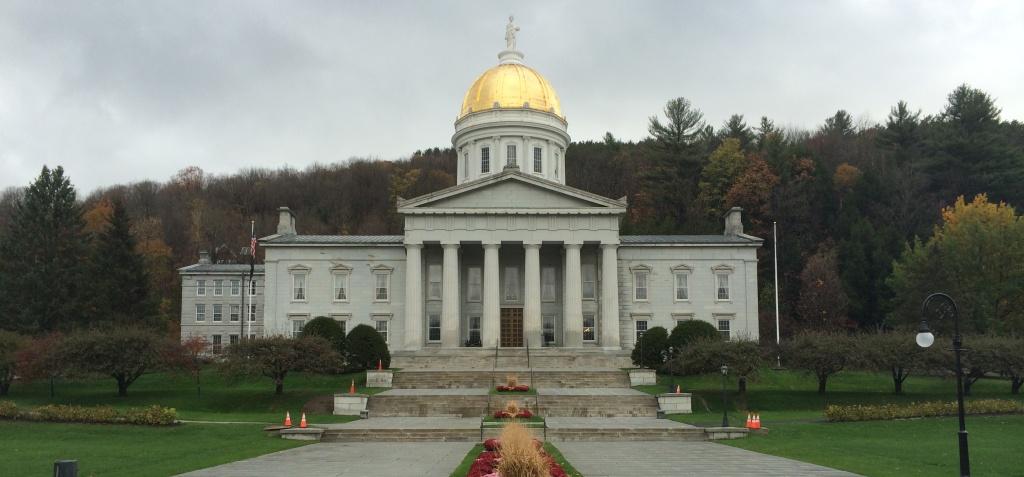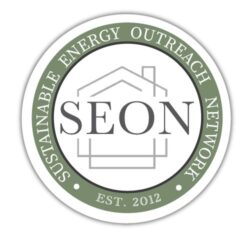The Climate Solutions Caucus of the Vermont General Assembly designated a group of 19 legislators to work on the Thermal Efficiency of Vermont buildings over the summer. Four categories were identified for which to take testimony:
- Compliance and Enforcement
- Workforce Training and Certification
- Establishing Value in the Marketplace
- Standards Development; Housing

Guy Payne and Peter Yost gave testimony on Workforce Training and Certification highlighting SEON’s Certified Level I High Performance Builder program and SEON’s support for Vermont’s Senate bill S.163 requiring mandatory builder registration and voluntary certification.
On August 1st Guy Payne and Peter Yost gave testimony on Workforce Training and Certification highlighting SEON’s Certified Level I High Performance Builder program and SEON’s support for Vermont’s Senate bill S.163 requiring mandatory builder registration and voluntary certification. S. 163 is now in the House Ways and Means Committee awaiting action in the early part of the session in 2020. As is typical when Guy and Pete present, Guy presents SEON’s history, activities, and overarching goals, and then, in this case, Pete walked the legislators through the technical aspects of building science and the lack education at all levels of professional learning of building science.
The summary of the Working Group’s finding were distributed as a draft on October 22nd and an abbreviated version is below. Notice how the priorities align with the work of SEON. The next step is for these priorities and recommendations to be reviewed and integrated into the legislative initiatives of the full Caucus.
Abbreviated Version
Thermal Efficiency Working Group of the Climate Solutions
Caucus Summer 2019
POLICY PRIORITIES & DETAILED PROPOSALS
10/22/19 Scott Campbell Summary
This informal Working Group included 19 legislators, 10 of whom attended at least one meeting; about 6 were regulars. We held 4 meetings at 3-week intervals July through September. We received comments from one or more representatives of 24 stakeholder organizations.The Group’s document library includes agenda and notes from all meetings, written comments and slides as presented, and related materials: here.
* PLEASE NOTE THESE RECOMMENDATIONS REPRESENT CONSENSUS, BUT NOT UNANIMITY
THERMAL EFFICIENCY POLICY PRIORITIES
- Implement robust enforcement of Residential Building Energy Standards, RBES (“energy code”).
- Support passage of S.163 to require mandatory builder registration with voluntary certifications.
- Facilitate and incentivize education and training opportunities for builders, tradespeople, home inspectors, appraisers, realtors, mortgage lenders, and students at high school and adult level.
- Increase sustained funding for Weatherization Assistance Program, and establish sustainable funding and +financing for moderate-income weatherization.
- Expand the State’s School Energy Management Program, currently available to public school facilities, to Vermont State College facilities.
- Extend the collaboration between Efifciency Vermont and the State’s Building and General Services to be available to municipal facilities.
- Ensure Public Service Dept establishes panel to continue RBES/CBES update cycle to meet 2016 Comprehensive Energy Plan goal of net-zero-ready new construction standards by 2030.
